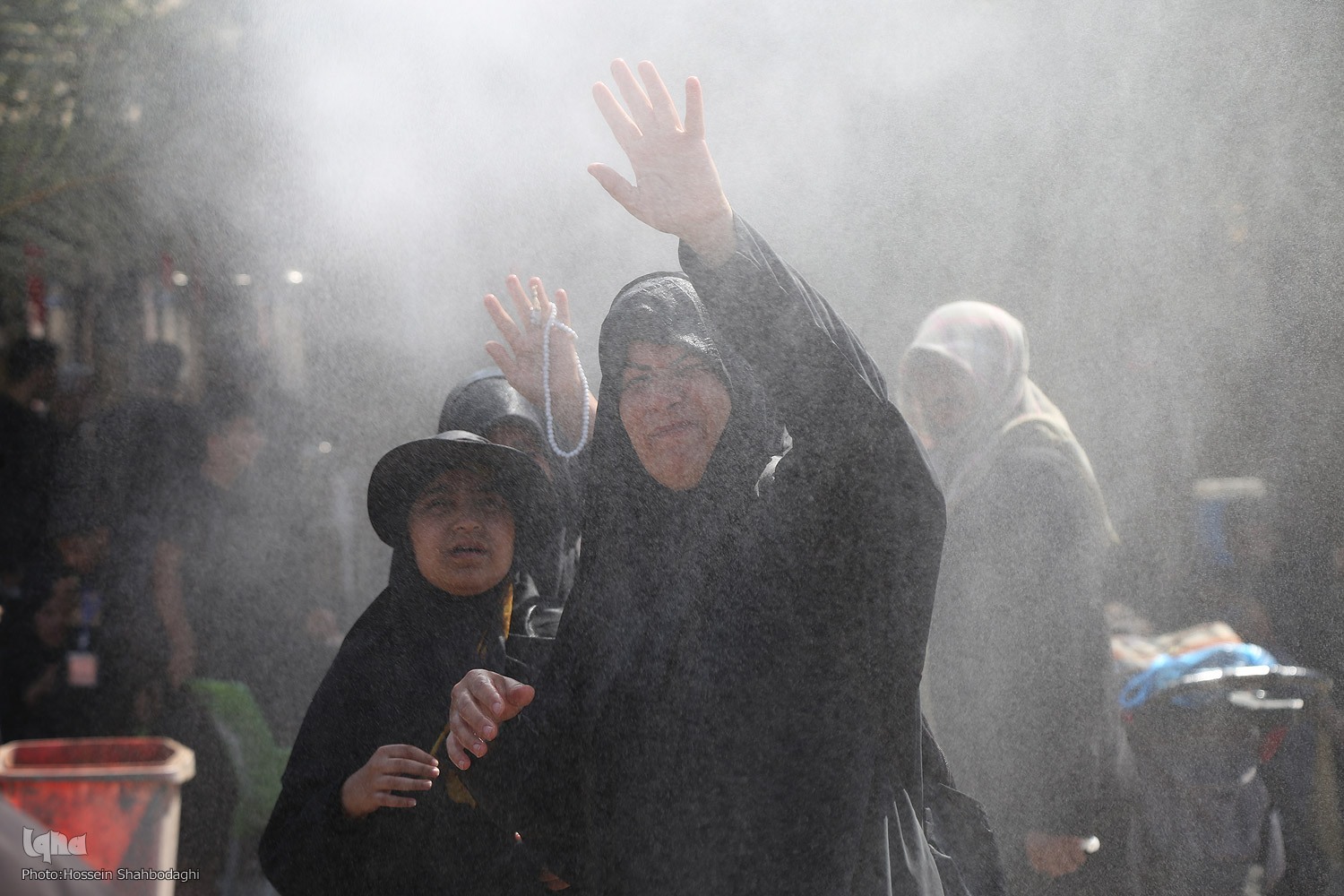Health Official Urges Caution for Vulnerable Groups in Arbaeen Pilgrimage Amid Rising Heat

Dr. Seyyed Ali Marashi, head of the Medical Center for Hajj and Pilgrimage at the Iranian Red Crescent Society, has warned that children and the elderly are particularly vulnerable to heat-related illnesses during the Arbaeen pilgrimage and should limit the time they spend walking.
“Children and the elderly do not retain sufficient water in their bodies and are more quickly affected by changes in electrolytes,” Marashi said in an interview with IQNA. “If families bring them along, they should ensure their walking is brief and the duration of travel is carefully managed to avoid harm.”
The annual Arbaeen pilgrimage—considered the world’s largest religious gathering—draws millions of Shia Muslims to southern Iraq to commemorate the 40th day after the martyrdom of Imam Hussein (AS) in the Battle of Karbala.
Watch:
Marashi stressed that prevention is more important than treatment and called for broad public awareness. “This year’s Arbaeen will be even hotter than last year. We’ve been reminding people through media and public messaging for weeks now,” he said.
He advised pilgrims to avoid walking during peak heat hours and instead travel early in the morning, in the evening, or at night.
Marashi also pointed to the importance of proper footwear. “Every year we warn people, yet many still suffer foot injuries due to inappropriate shoes, especially slippers,” he noted. He emphasized that diabetic pilgrims must take special care of their feet to avoid serious complications.
Read More:
He urged anyone with heart, lung, or other physical conditions to consult their doctors before making the journey and to follow medical advice strictly.
This year, the day of Arbaeen will fall on August 14, but millions will start walking towards the Iraqi city of Karbala from some two weeks earlier.
4295662



